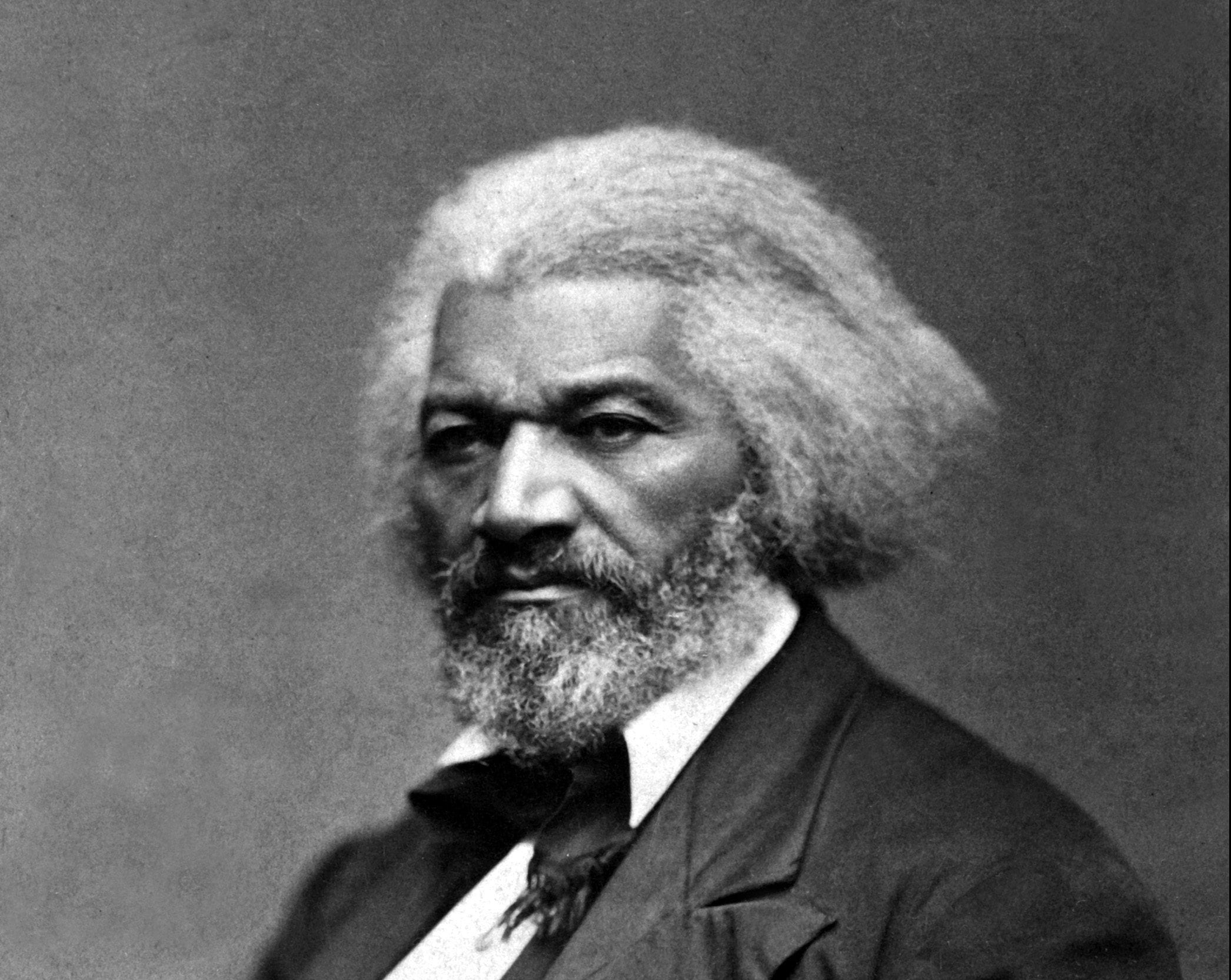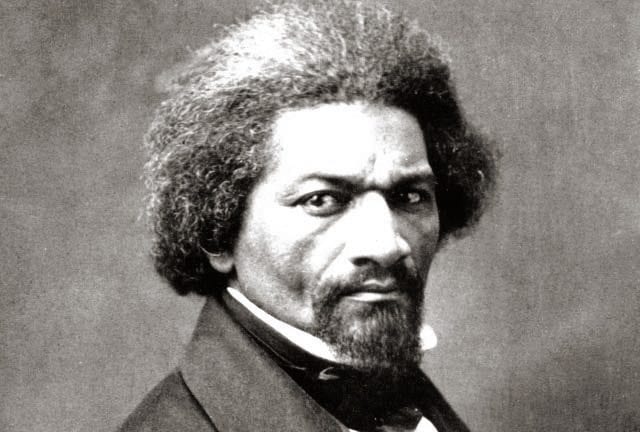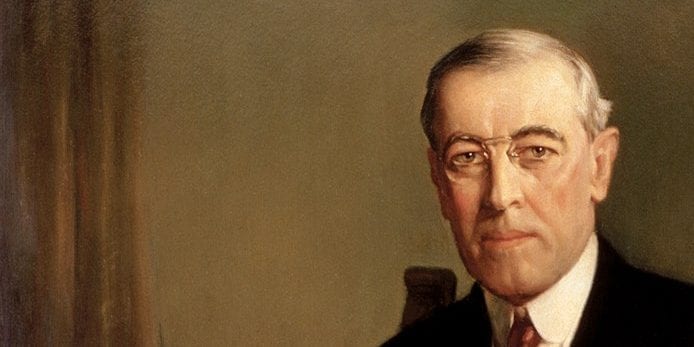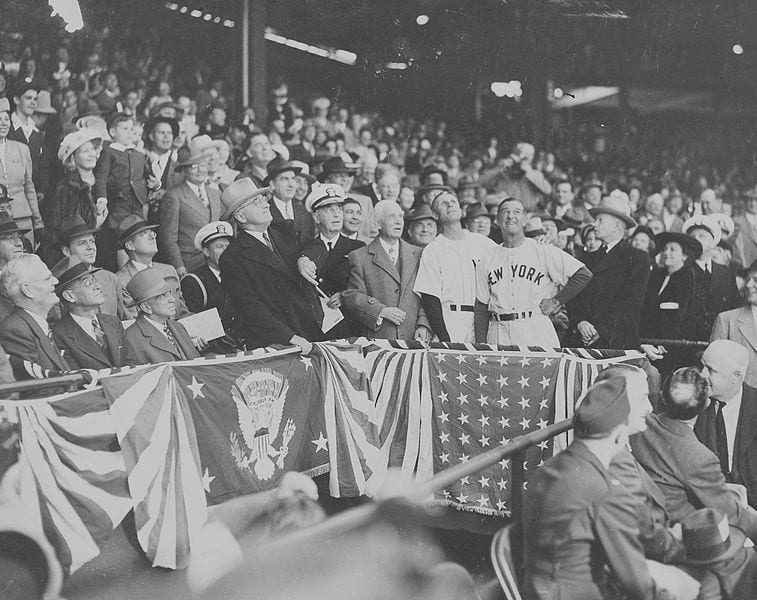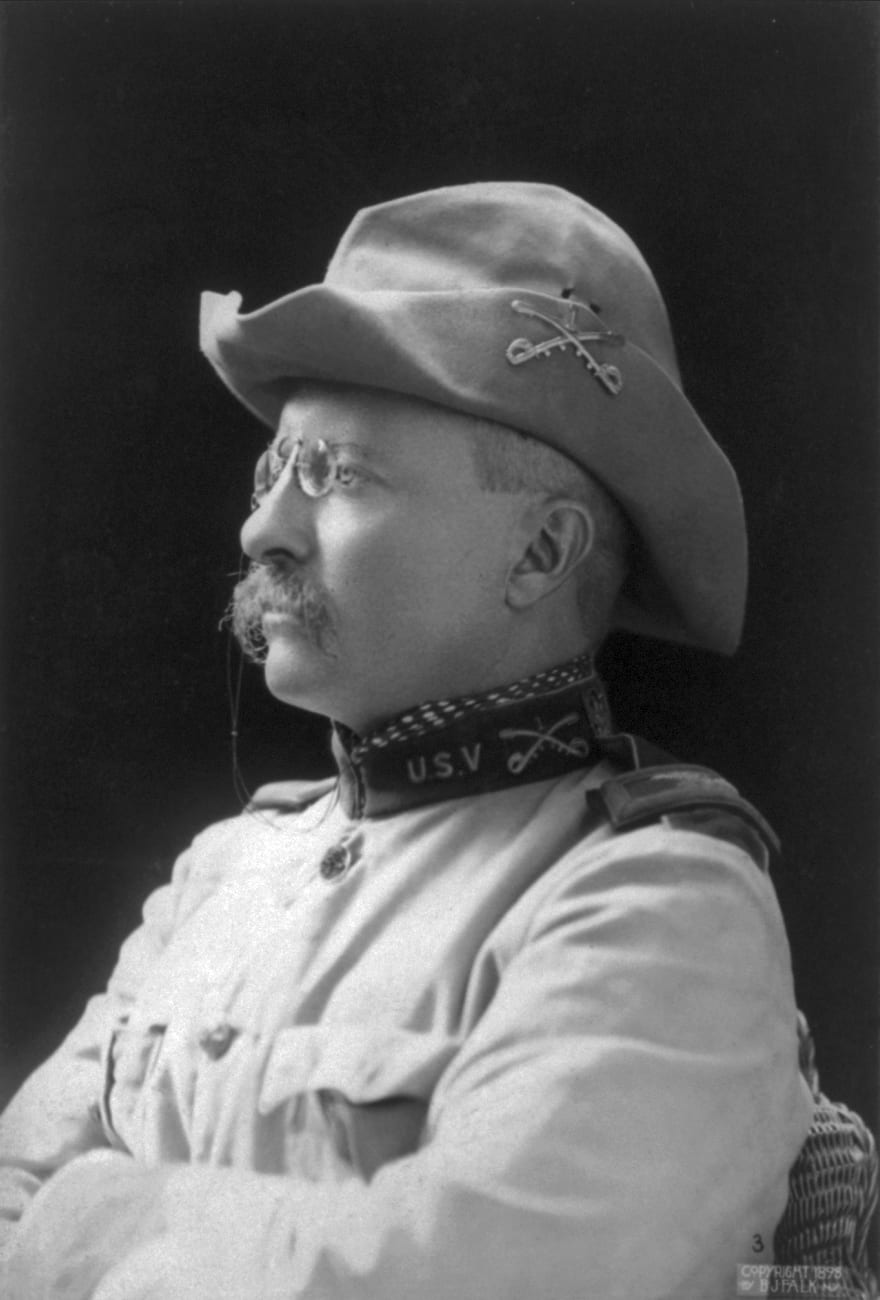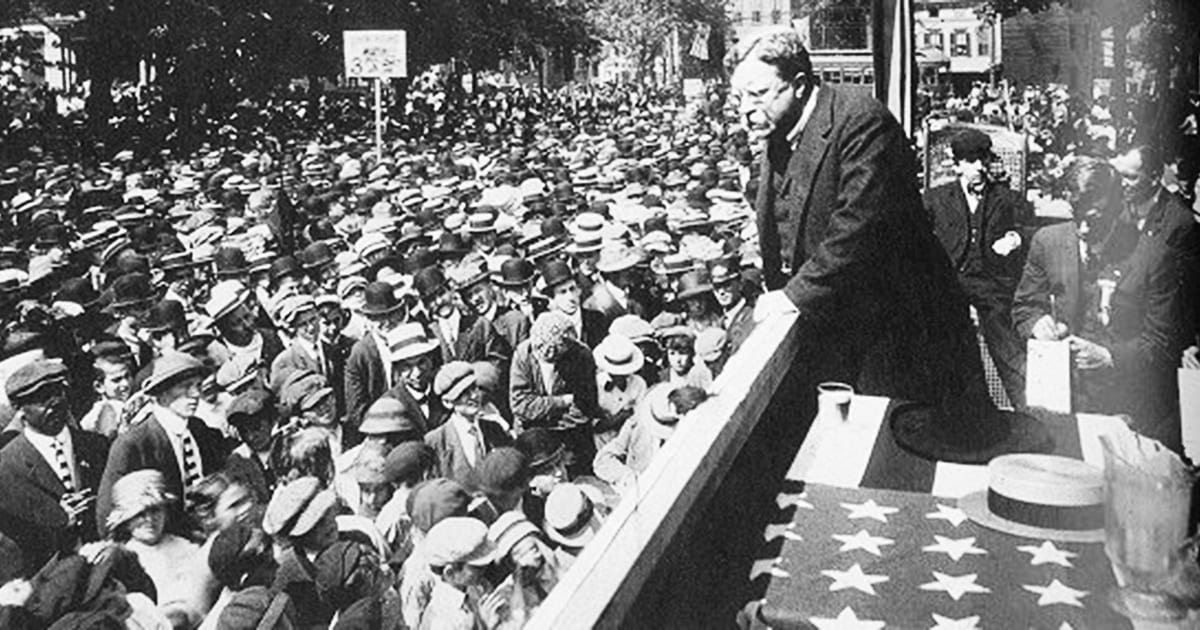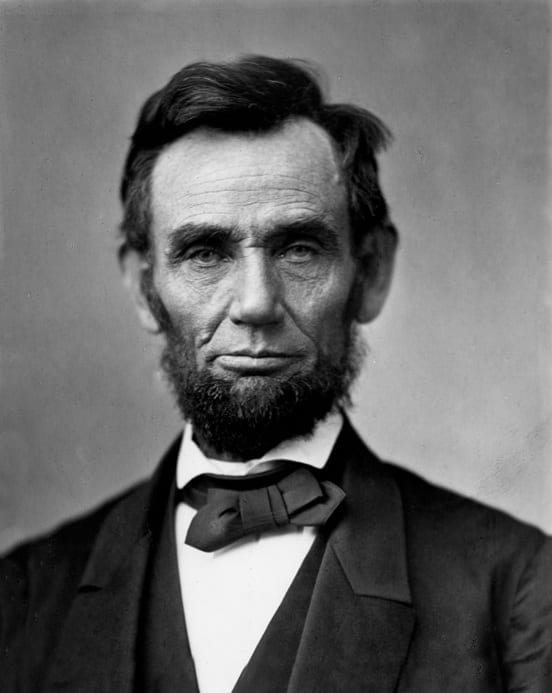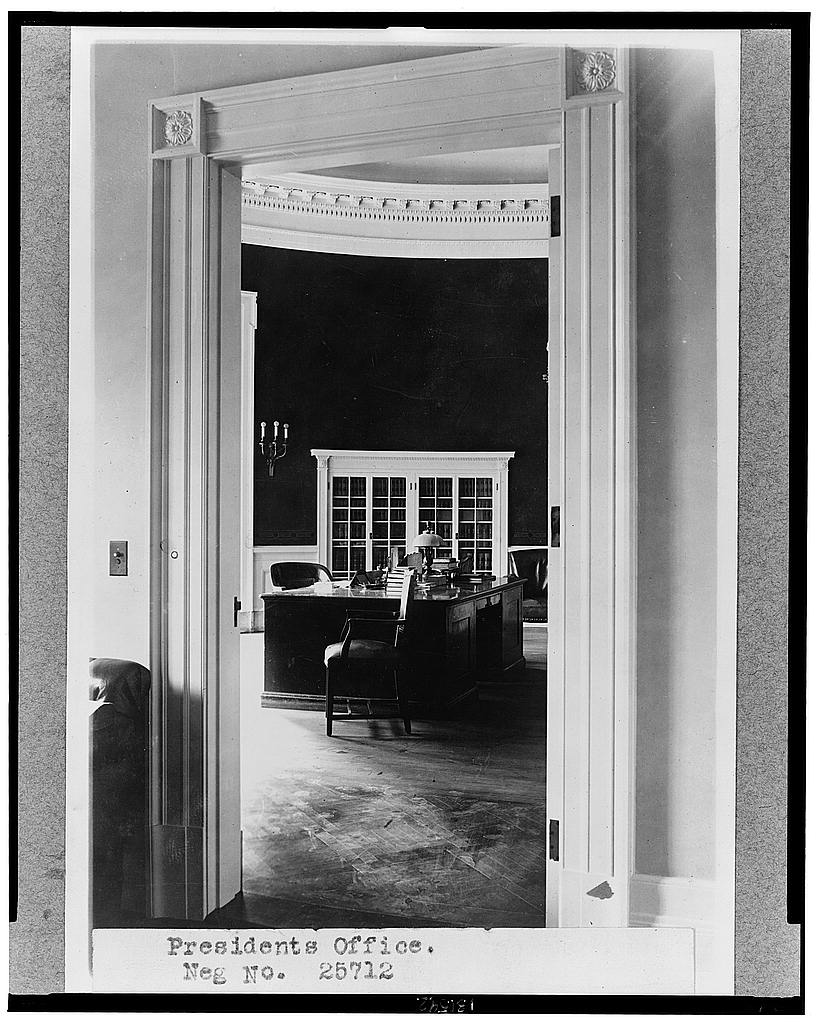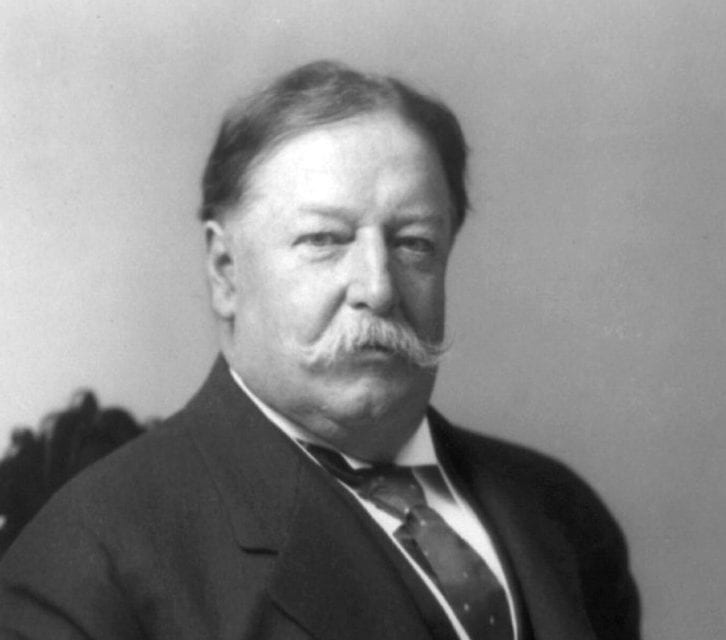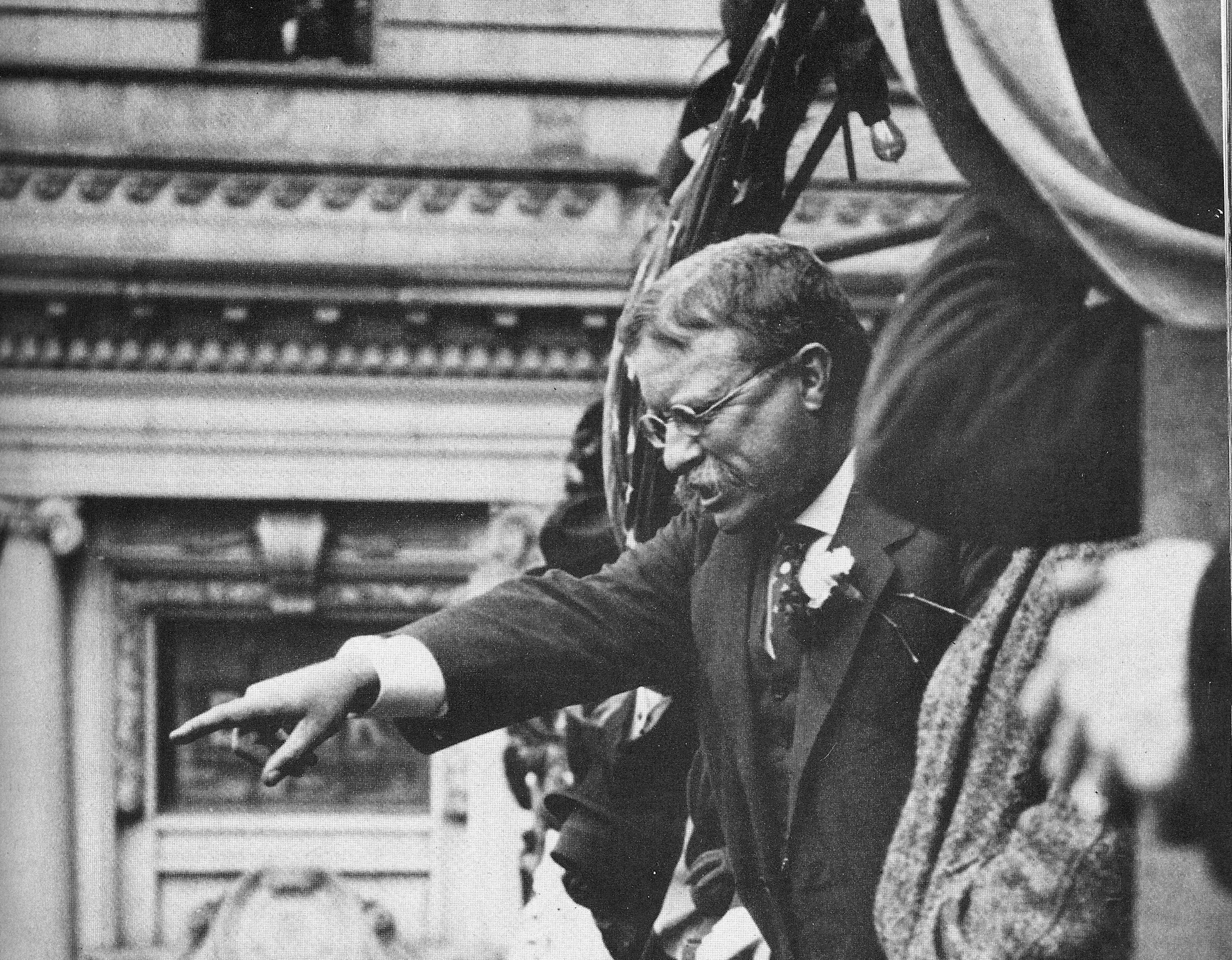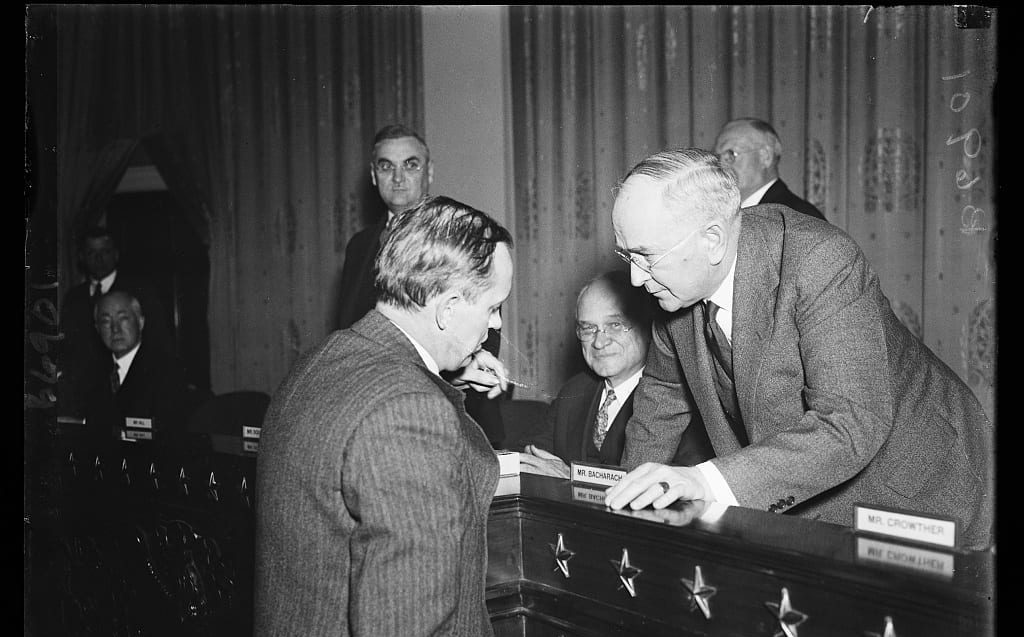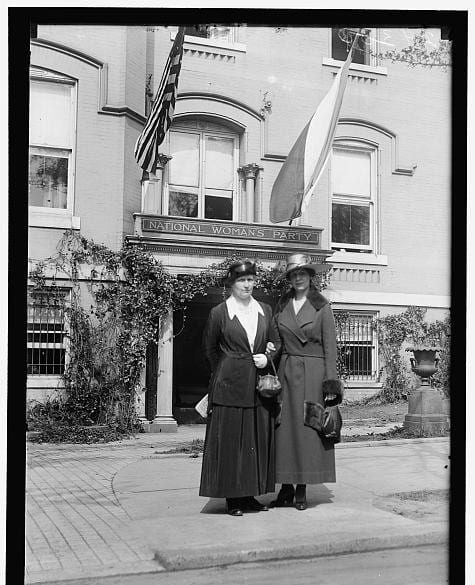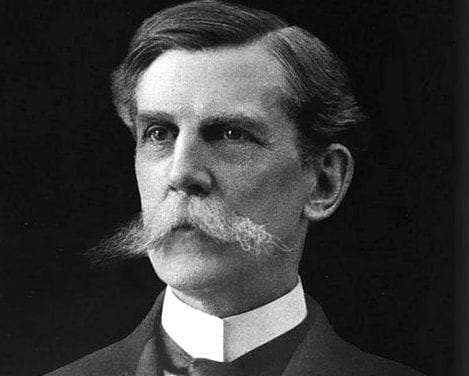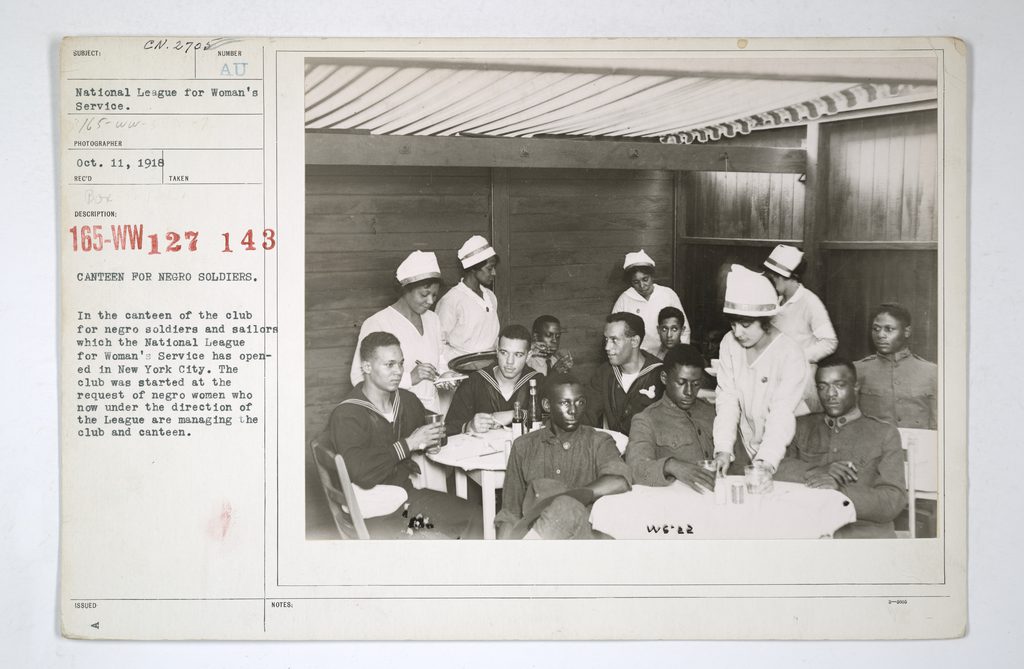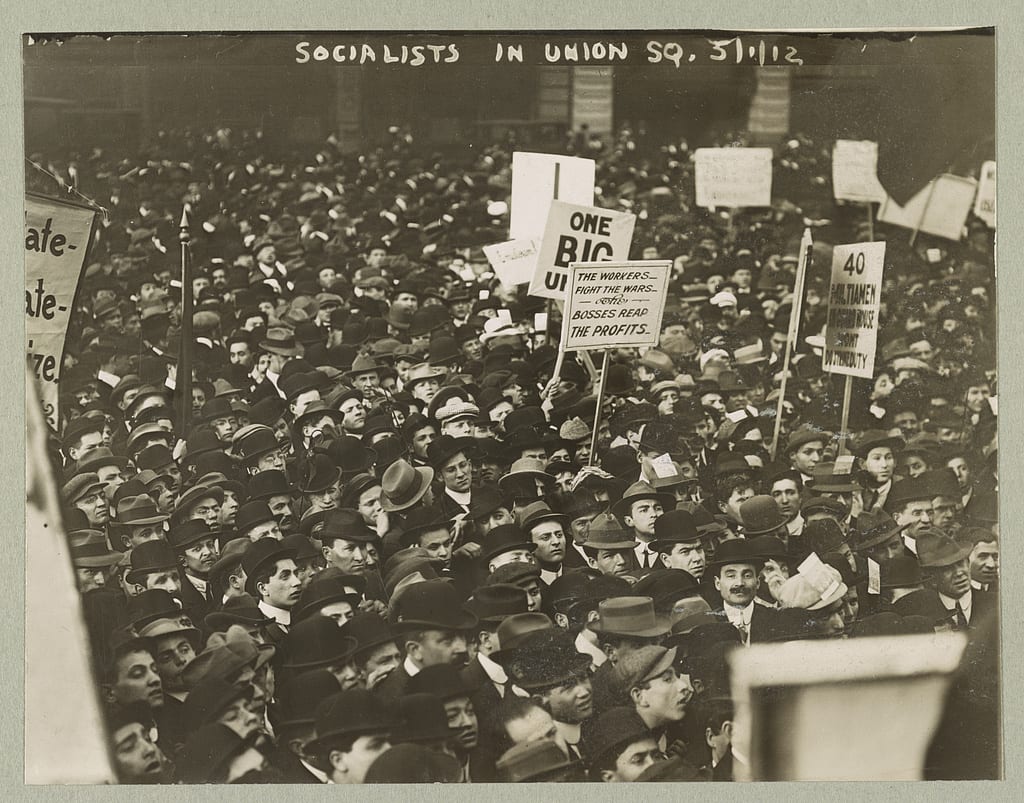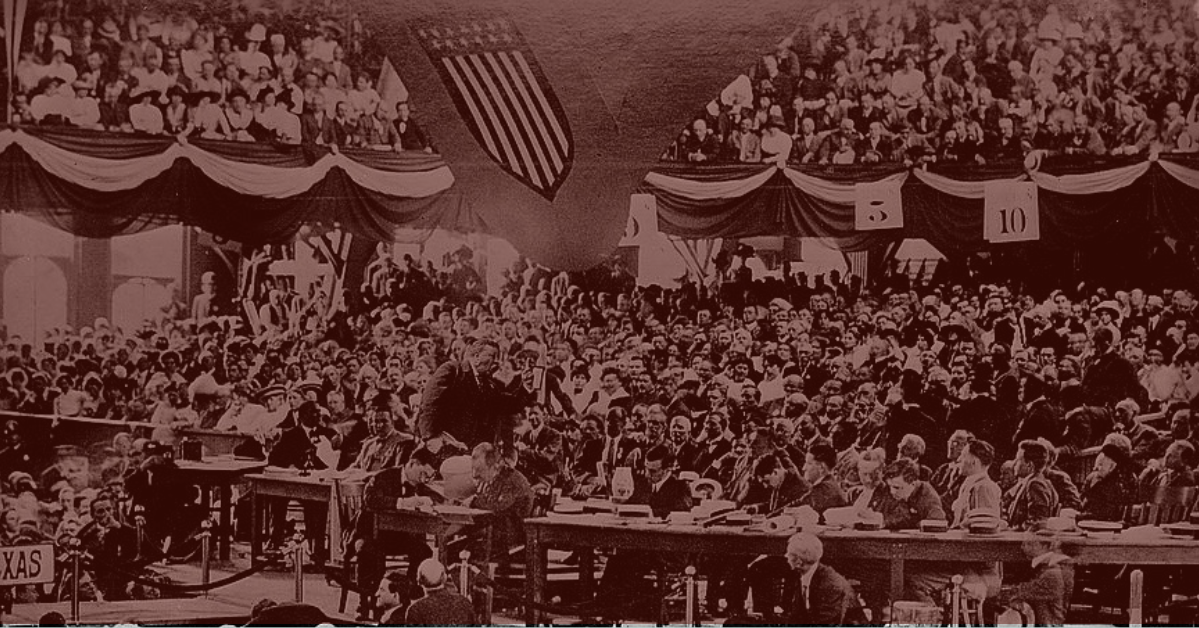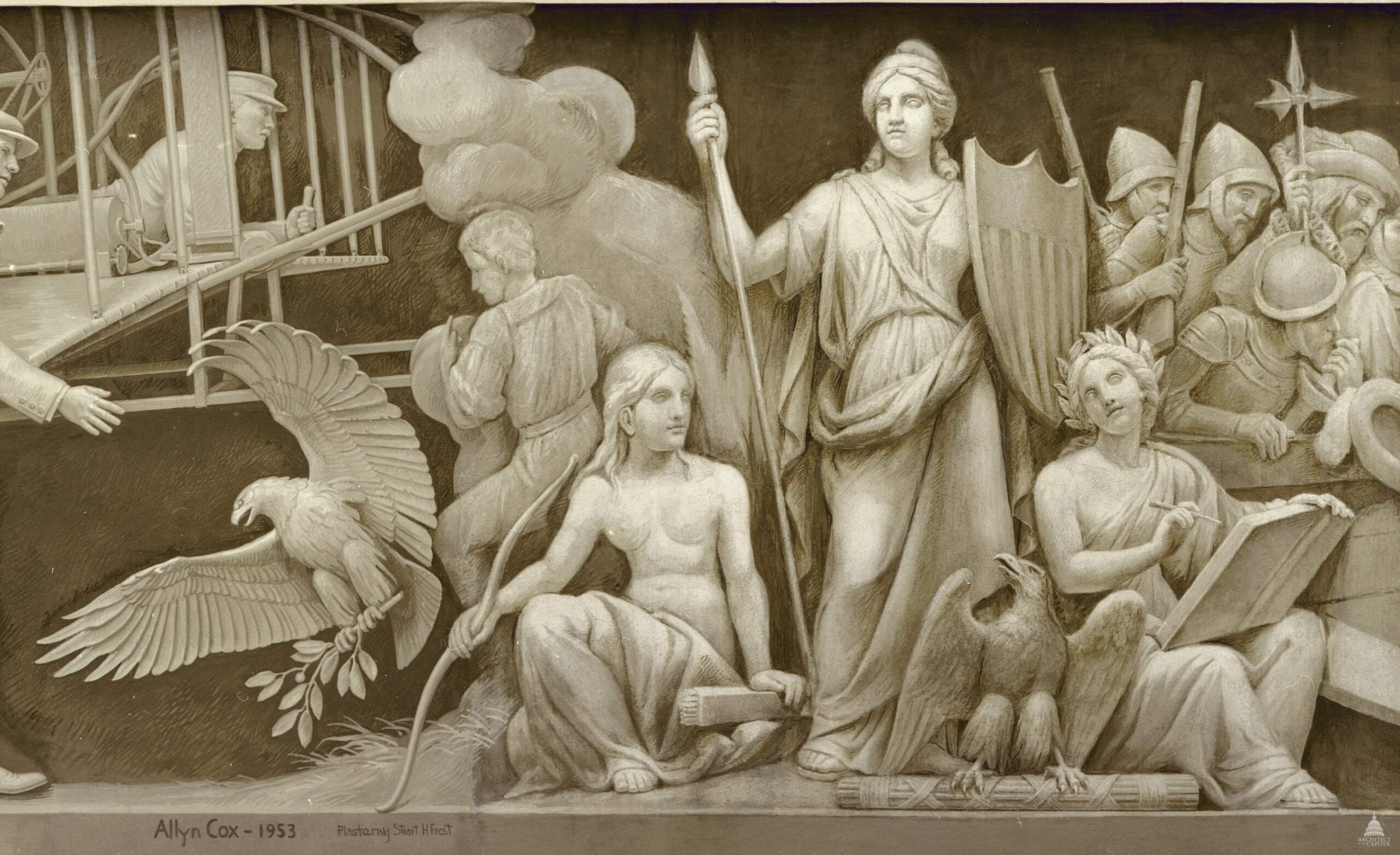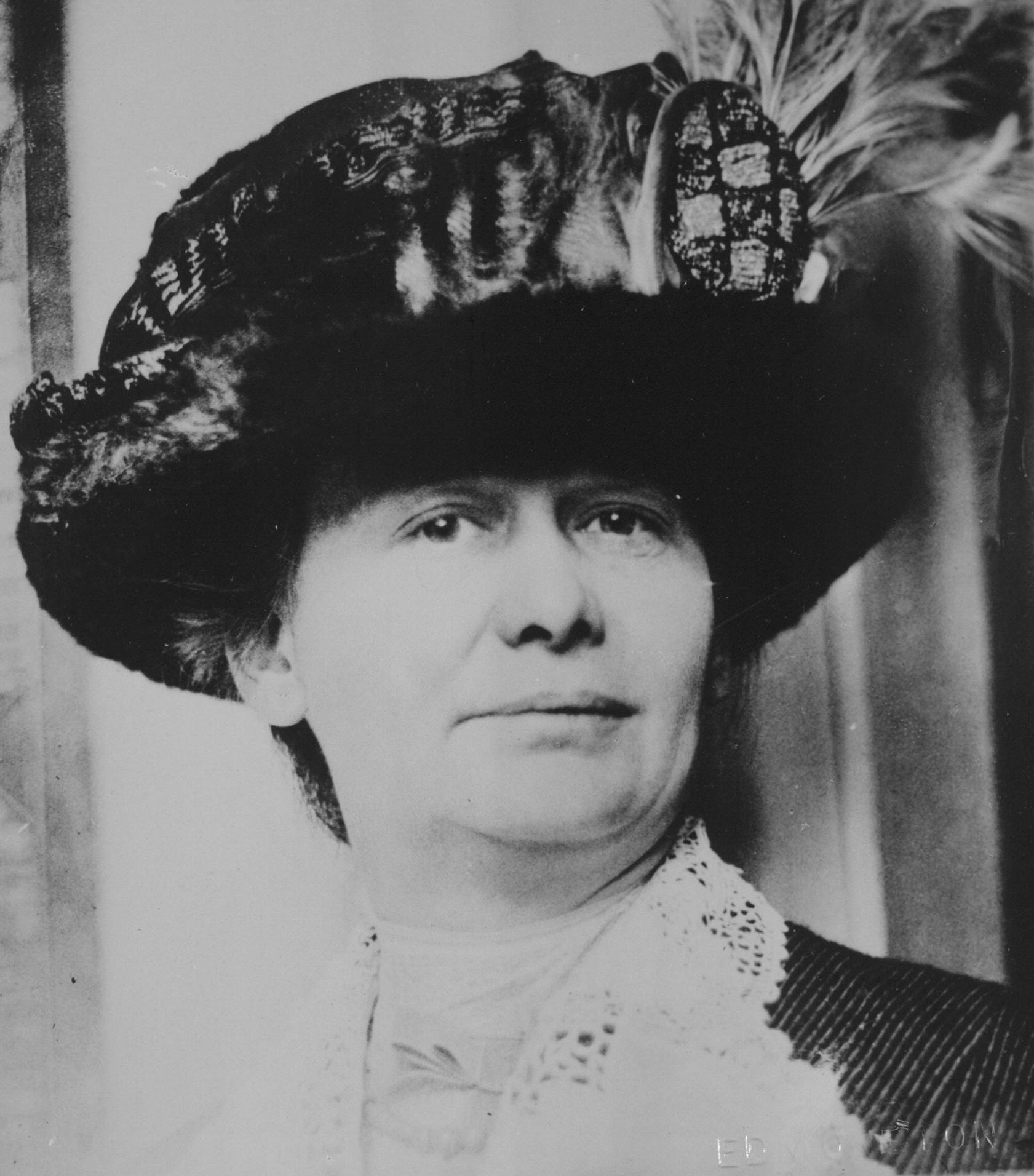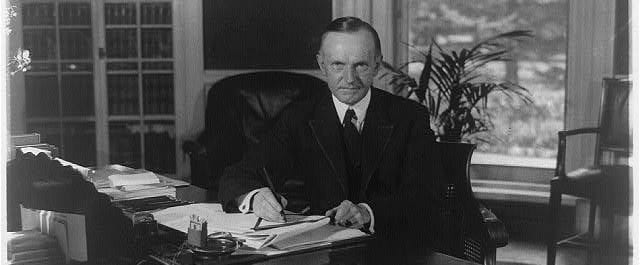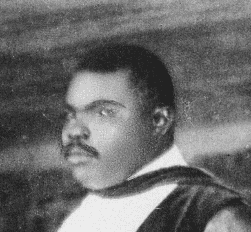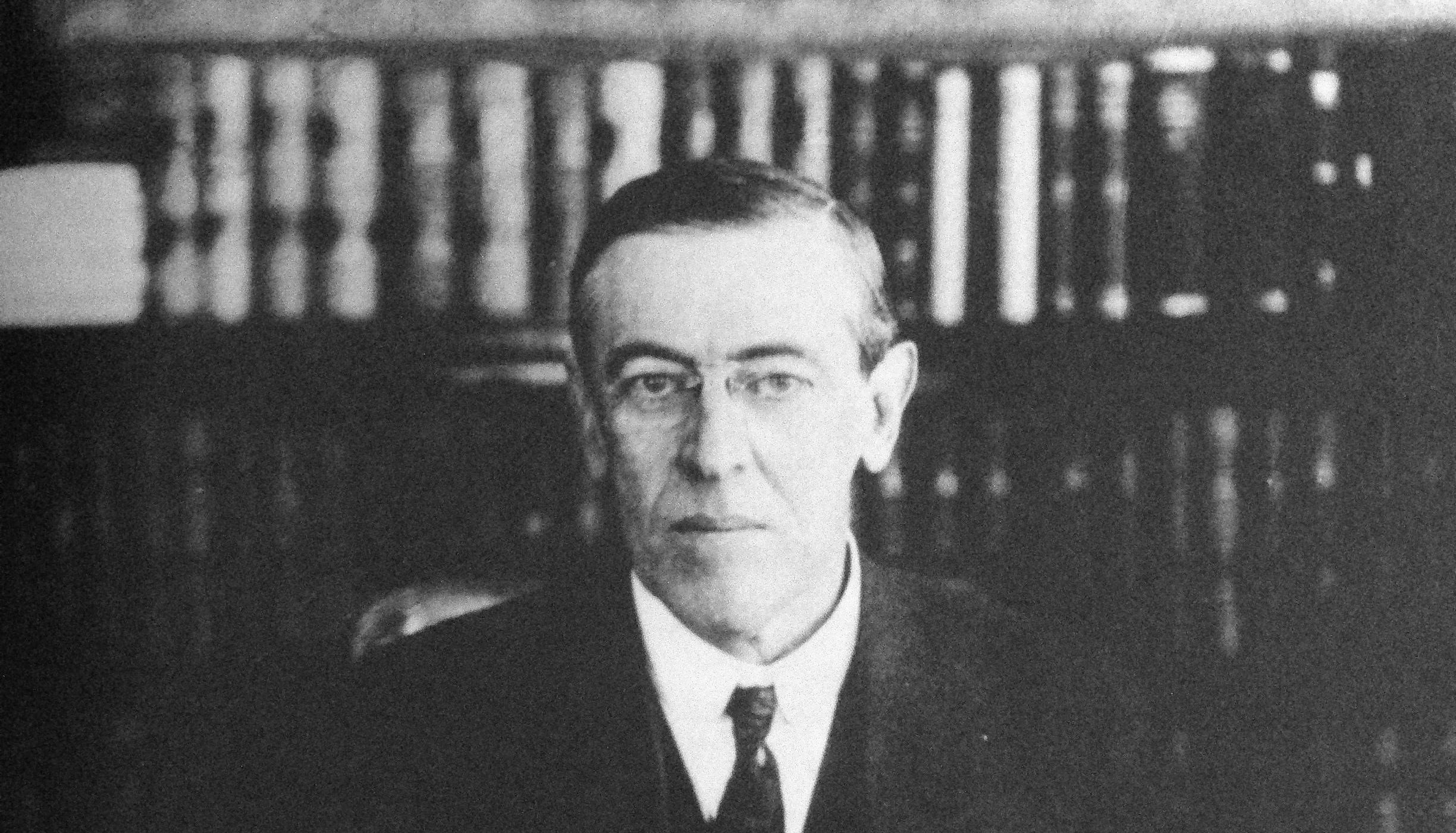
No study questions
No related resources
Many people have found it difficult to understand why the question of child care in New York institutions should have raised such a tremendous ruction. They have said: Here are the institutions, the children, the payments, by the city and the obvious moral and legal right of the city government to see that the children are well cared for. Some investigators say that in some institutions conditions are bad. Why can’t the facts be gone over, discussed, and the evils remedied? Is there any excuse for turning the question into a struggle between the city administration of New York and the hierarchy of the church?
The city investigators criticized twenty-six institutions. Of these twelve were Catholic, fourteen non-Catholic. By the non-Catholic organizations no considerable resistance was raised. Protestants and Jews, though some of their institutions were attacked, did not believe they were being persecuted. But Catholics prominent in charity work have regarded the whole matter as a direct attack on them, on devoted priests and nuns, and on God. They have fought Mayor Mitchel and Commissioner Kingsbury with great anger. Now, why? Why was it justifiable for a Catholic Mayor to criticize Protestants and Jews, and the depth of infamy for him to criticize his co-religionists?
That is the problem in New York. Fortunately it is not necessary to guess for an answer. The “America Press” has just issued a sixty-eight-page pamphlet called “A Campaign of Calumny,” which contains a number of pictures showing excellent conditions in certain institutions, and a great mass of argument and fact about the falsity of the charges and the glory of the real conduct of Catholic institutions. The sifting of the facts is a matter for official inquiry. The ordinary citizen cannot do more than insist that the inquiry be received as calmly by Catholics as by non-Catholics. What makes the pamphlet highly significant is the opening and the closing chapter written by Father Paul Blakely, Society of Jesus.
Father Blakely deserves cordial respect for the candor with which he states the issue as seen by the clerical organization.
… between the principles of Catholicism and the principles of modern sociology, upon which many unwary Catholics have looked with approval, there is an essential and irreconcilable antagonism.
He then goes on to explain the cause of this “irreconcilable antagonism”:
How far this morality will differ from the morality proposed and defended since the days of Jesus Christ by the Catholic Church, is evidenced by the fact that, while the Church bases her teaching upon Divine Revelation, the modern sociologist finds his theoretical standard of morality in the “highest good of the community.”
Father Blakely does not shrink from the consequences. His antagonism to what he calls modern sociology results in antagonism to public education as practiced in the United States.
The Church is from God; modern sociology is not; for like the present day “non-sectarian” education it has severed all relations with him.
He closes with an appeal for money.
But, measured in legal tender, how much is your undoubted sympathy for the calumniated Catholic institutions worth? The destiny of immortal souls, for whom Christ died, may hang on your answer.
We gladly accept the issue as Father Blakely states it. What has brought this situation to a head in New York is beyond all doubt the conflict between clerical and secular tradition. The old warfare between church and state, between theology and science, underlies the struggle in New York. It is the struggle which France fought recently and won, leaving the Papacy anti-French in the war. It is the struggle so poignant in Massachusetts. It is a struggle which most people observe, and few discuss. Father Blakely gives real reason why the hierarchy resents public criticism. He has put his finger on the reason why Catholics have resented bitterly what non-Catholics took as a matter of course. The reason is that lay control of education and philanthropy is opposed by the political tradition of the Church, and Mayor Mitchel’s attempt to regulate private institutions taking public money was treated at once by Catholic leaders as a war of church and state. The enemy, as Father Blakely so plainly says, is the secularizing tendency of modern life. The church has never accepted the American public school. It has fought it with the parochial school, it has never acquiesced in the taxation of Catholics for lay education, and it has persistently tried to secure a political control of school boards. From a like motive it now resists Mayor Mitchel as one who would take God out of the hearts of little children. From its own point of view the church is perfectly right in its antagonism, however unwise the tactics it pursues. The secularization of philanthropy is one of the clear intentions of modern liberals, and though liberals wish to proceed moderately and with all possible fairness they do intend to proceed.
They have begun merely with an attempt to enforce the law and to secure minimum standards of sanitation and treatment. Catholics like Father Blakely know, however, that this is merely the entering wedge in a greater movement to extend public control over education and philanthropy. They know that modern social science does not look favorably upon institution life for normal children. They know that reformers plan to withdraw dependent children who are not defective from institutions and put them into homes where the child can have the advantage of family life and a less mechanical care. Knowing all this, they fight at the drop of the hat, fight even inspection to do away with vermin and bad ventilation and darkness. They fight for the right of the church to mould the child to its own ideals and for the perpetuation of the great vested interest of private institutions.
What Father Blakely calls “modern sociology” is really the beginning of an effort to formulate democracy as a positive ideal. The older theories of democracy were negative, built up to protest against kings, aristocracies, and oppression. Those theories were concerned chiefly in saying what government must not do. But during the nineteenth century popular rule became increasingly a reality and people came to feel that government is not an alien thing to be limited, but a social instrument to be used. Democracy has been evolving from a protest into a purpose into a purpose. It is becoming a philosophy of life, no longer protestant but in its own way catholic. To be a democrat today is to be something more than a voter. It is to believe in a scale of human values, to have a morality and to think with certain assumptions. “Modern sociologists” are simply men engaged I stating the affirmative faith of democracy.
This has brought about a change in the meaning of tolerance. The older view of eighteenth-century liberalism was that the democratic state must allow every one freedom to practice almost any creed, even though the creed was opposed to freedom. It thought of democracy as a vacuum in which all might compete for place. But twentieth-century democracy believes that the community has certain positive ends to achieve, and if they are to be achieved the community must control the education of the young. It believes that training in scientific habits of mind is fundamental to the progress of democracy. It believes that freedom and tolerance mean the development of independent powers of judgment in the young, not the freedom of older people to impose their dogmas on the young. Democracy claims no right to interfere with worship or opinion, but it does claim the right to develop in every child the capacity for testing its own convictions. It insists that the plasticity of the child shall not be artificially and prematurely hardened into a philosophy of life, but that experimental naturalistic aptitudes shall constitute the true education.
It is true this demand of democracy which Father Blakely has in mind when he says that more money should be given to Catholic institutions because “the destiny of immortal souls” may hang upon the endowment. The candid democrat must reply to him that no on e has a monopoly in salvation that there may be other destinies besides those conceived by Father Blakely, and that the power to choose and control destiny is the ambition of democrats educated in an age of science.
Annual Message to Congress (1916)
December 06, 1916
Conversation-based seminars for collegial PD, one-day and multi-day seminars, graduate credit seminars (MA degree), online and in-person.



